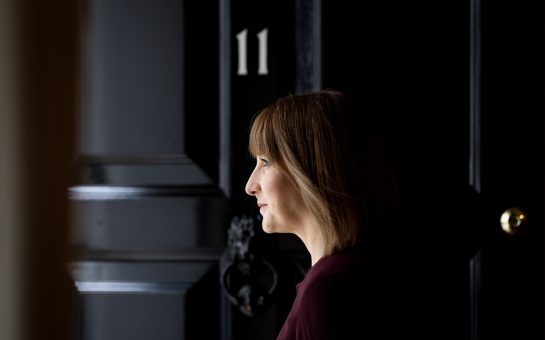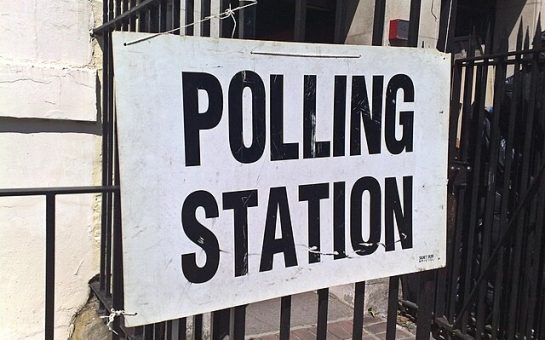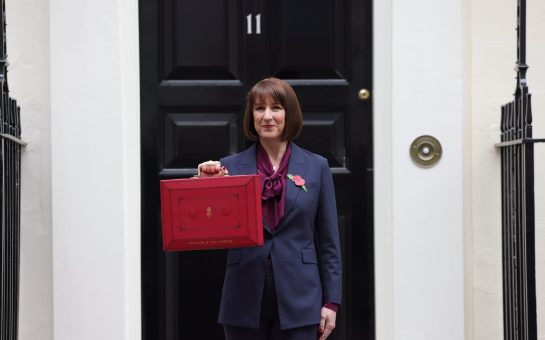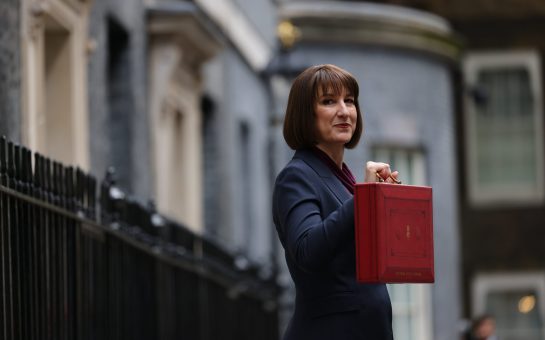A women’s magazine survey has revealed that the gender pay gap between men and women in their twenties has doubled in the past three years.
In response to the figures, Grazia has launched a petition for total transparency which would enable women to compare their pay to male colleagues, securing more than 3,000 signatures.
And a Labour MP has slammed the rising discrepancy between male and female pay packets.
Lucy Powell, representing Manchester Central, said: “It seems extraordinary in an age when girls are out-performing boys at school, going to university in greater numbers and running FTSE 100 companies that pay inequality still exists, but it does.
“Here in the North West the pay gap between men and women doing the same job is 17.6%. This is not only morally wrong, it’s also against the law.
“Many employers are able to get away with it though because they aren’t transparent about their pay structures.
“In government, Labour reduced the pay gap by 9.9% but on David Cameron and Nick Clegg’s watch things are going backwards.
“It’s time that law was properly enforced and for employers to disclose their hourly pay rate for both male and female employees, so that women can take action if they’re being short changed.”
Grazia’s features director Louisa Pritchard started the petition after being contacted by Shadow Minister for Equality and Women, Gloria de Piero.
Ms Pritchard told MM: “Our magazine’s demographic is mostly women in their twenties and thirties.
“It’s a huge issue that affects all of our readers because the pay gap has increased for women in their 20s from 2.6 to 5.3% which is outrageous.”
The petition is calling for enforcement of Section 78 of the Equality Act 2010 – a piece of Labour government legislation shelved when the party lost power.
Fellow Manchester politician Kate Chappell, Labour Councillor for Rusholme said: “Enacting Section 78 of the Equality Act would be a huge step forwarding in achieving equal pay and in highlighting how extensive the gender divide still is in this country.”
If the legislation is enforced, it would require that employers with a staff of more than 250 people publish annual details of hourly pay for men and women they employ, highlighting any discriminatory practices.
Today, in 2014, women are still earning 20p less for every pound that men earn, according to latest figures from the Office of National Statistics.
As a result, women will be effectively working for free from the November 4 until the end of the year.
The pay gap has increased for the first time in five years and the Fawcett Society, the UK’s leading campaigning organisation for women’s equality and rights, report that the UK now has one of the highest pay gaps in the EU.
They note that ‘women are more likely to be employed in low paid, part-time work, more likely to head a single parent household, more likely to have less financial assets and more likely to live in poverty, especially in older age’.
They also discovered two thirds (63%) of those earning £7-per-hour or less are women.
The most shocking discrimination, however, is between those doing the same work for very different pay.
Grazia’s Ms Pritchard said: “We were talking to one girl who is 25 and works in advertising who was given a £100 Liberty voucher as a bonus and her male colleague doing the same level job was given £2000 in cash.”
Labour MP for Salford and Eccles, Hazel Blears, said: “It’s shocking that, in the 21st century, men are still being paid more than women in equivalent jobs.
“It is clear that more needs to be done and the Government should be enforcing the existing provisions of the 2010 Equality Act as a bare minimum.
“I believe that everyone has a right to fair pay which is why I have campaigned for interns to be paid at least the National Minimum Wage when they have set hours and responsibilities.”
Grazia’s petition page highlights various experiences of unequal pay with Shadow Minister for Equality and Women Gloria De Piero telling the magazine: “It’s now been 46 years after the machinists walked out in Dagenham in protest over the pay divide, which prompted the Equal Pay Act two years later.
“We can’t wait another 44 years for change. Women deserve equal treatment and equal pay.”
And thoughts on the issue are echoed on social media.
Raxa Mehta comments on Facebook: “It takes many tens of thousands of pounds in legal fees to find out that men are paid more than women.
“How many more thousands of pounds would it cost to find out by how much? If we had proper data then that would not be the case.”
Under the Twitter hashtag: #whatimworth, Marcus Ryder, @marcusryder, commented: “UK gender pay gap has increased. It’s currently just over 10% in the media industry.”
Polly Wiseman, @Firecrazee, suggested women voted with their feet: ‘How about all female workers go on strike on Nov 1, to protest the fact they’ll be working for free til end of year?’
The Grazia petition closes on September 10 before Equal Pay Day on November 4.
Ms Pritchard stressed that it was important that men as well as women signed since it affected their wives and girlfriends.
She said: “We are campaigning on behalf of all women, not just Grazia readers. Action has to be taken.”
Sign the petition here
Image courtesy of James C, with thanks



